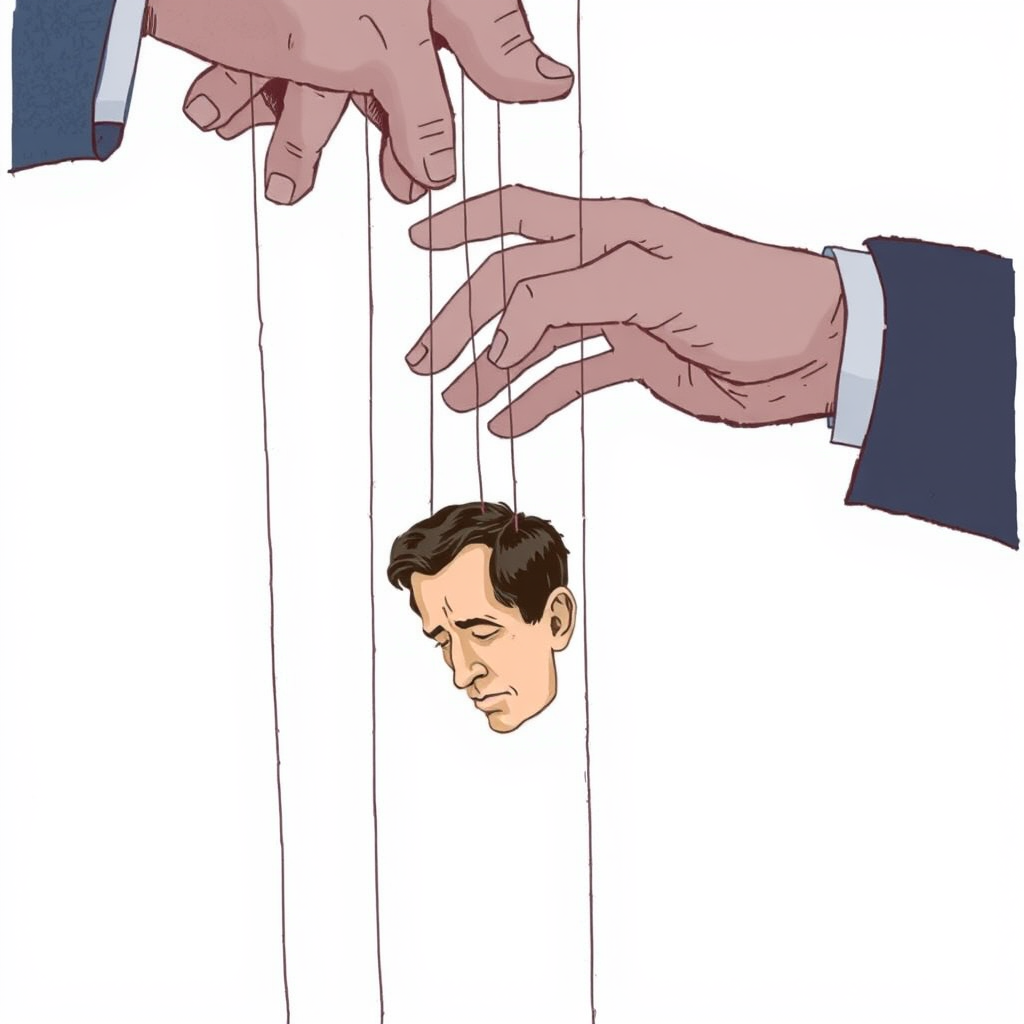Rubio Admits He’s Not Trump’s Policy Guide

Senator Marco Rubio’s role within the Trump administration has been sharply defined – and diminished – according to a recent Washington Post deep dive, revealing he’s largely been relegated to implementing, rather than shaping, foreign policy. The report details a significant shift for Rubio, who previously held influential positions on the Senate Foreign Relations and Intelligence Committees. Now tasked with duties beyond the typical purview of Secretary of State, including acting as National Security Advisor, Rubio appears to be prioritizing political survival over independent influence.
A close aide, speaking anonymously to the Post, bluntly dismissed the notion that Rubio would act as a moderating force or “adult in the room” for President Trump, characterizing such expectations as a misinterpretation of the constitutional system. The aide emphasized that the President sets foreign policy, and Rubio’s job is simply to execute that vision. This admission underscores a perceived lack of agency for Rubio, despite his prior experience and standing.
The report suggests Rubio is treading carefully, remaining tight-lipped about his approach to the National Security Council and avoiding any public divergence from Trump’s directives. This cautious approach is likely informed by the fate of other advisors who have been dismissed for challenging the President.
The shift in Rubio’s posture has drawn criticism from some, including Democratic Senator Chris Van Hollen, who lamented the apparent abandonment of principles. Van Hollen characterized Rubio’s transformation as a “MAGA brain transplant,” noting the disappearance of his previous advocacy for democracy and human rights in foreign policy.
While the aide frames Rubio’s role as simply implementing presidential policy, the reality appears to be a significant curtailment of influence for a senator once seen as a potential foreign policy leader. The report paints a picture of a pragmatic, perhaps resigned, Rubio prioritizing self-preservation within a highly volatile administration, effectively silencing any independent voice he once possessed. It’s a stark illustration of how power dynamics within the Trump White House often prioritize loyalty and conformity over expertise and independent thought.